What is NAD+? Editor Trudi Brewer shares the latest buzz wellness ingredient that could target ageing. Read on to learn more.
Image Intuisse Active NAD+ Eye Mask
When skincare ingredients receive attention from trusted sources like the National Library of Medicine (NLM), we take notice. The latest is NAD+. From wellness supplements, IV drips, and skincare formulations, it contains crucial DNA repair properties, and possibly the ability to target ageing. While it’s still in its infancy as a skincare and general health ingredient, it has the magic to shift how we live (and look). Read on to learn more.
What is NAD+?
NAD+ (otherwise known as nicotinamide adenine dinucleotide) is a coenzyme that’s found in every single cell of our body. Its focus is to protect cells from stress and help repair DNA damage. But like most things, our levels of NAD+ decrease as we age. According to research published in the National Library of Medicine, “targeting NAD+ metabolism has emerged as a potential therapeutic approach to improve ageing-related disease and extend the human healthspan and lifespan.”
Naturally, as scientists discover ways to restore NAD+ through various topical, ingestible, and injectable modalities, the demand for NAD+ will build.
What Are the Benefits of NAD+ for the Skin?
Research suggests that a decline in NAD+ plays a role in ageing, typically due to UV exposure. With this damage, the skin is unable to repair itself. So, what is the role of NAD+ in regenerative Medicine? "NAD+ is included in skincare products because it is thought to possess anti-inflammatory and antioxidant properties that promote healthy skin cell function," says Dr Brendan Camp, dermatologist and clinical assistant professor of dermatology at Weill Cornell Medical College. That said, it is essential to be realistic about what topical NAD+ can achieve. Camp believes, as far as absorption goes, it is significantly reduced, so don't expect increased energy levels or cognitive function when applying skincare laden with NAD+. However, it offers skin benefits, such as combating free radical damage and promoting cellular repair.
However, like other skincare heroes, such as vitamin C, NAD+ is a challenging ingredient to harness its antioxidant benefits. "NAD+ is unstable, unable to penetrate the skin's moisture barrier, and is not easily bioavailable when included in skincare products," says Camp. NAD+ boosting skincare products often contain another ingredient you may be more familiar with, like niacinamide or vitamin B3. "NAD+ precursors, like niacinamide, may be included in hopes that it encourages the production of more NAD+. Niacinamide is considered a precursor of NAD+ because it can undergo cellular enzymatic reactions and be converted to NAD+”, says Camp. So, what is on offer when it comes to skincare containing NAD+? It’s varied, expect to see it popping up in serums, moisturisers, eye creams, masks, cleansers, and, most importantly, sunscreen.
Does NAD+ Skincare Work?
So far, the jury is out on whether NAD+ is a wonder ingredient for the skin. But initial research is showing healthy signs. "The evidence supporting the use of NAD+ in skincare is limited and evolving," explains Camp. "Until more conclusive data is available, consider using ingredients with a well-established track record, like retinol (vitamin A), vitamin C, and alpha and beta-hydroxy acids." However, as research continues to expand in the NAD+ category, dermatologists will support the benefits of topical use. As with any new ingredient or compound, there is always the risk of potential side effects. "Topical formulations may cause skin irritation or contact dermatitis," says Camp.
He suggests always spot-testing to check for irritation when starting any new skincare product.
Skincare that contains NAD+
Inutisse Active NAD+ Eye Mask, $159, contains four pairs. Dr Sam’s Flawless Moisturiser Intense, $74. Renue By Science Blue Face Serum, $101. Alpha-H Vitamin B Serum with 5% Niacinimide, $90.












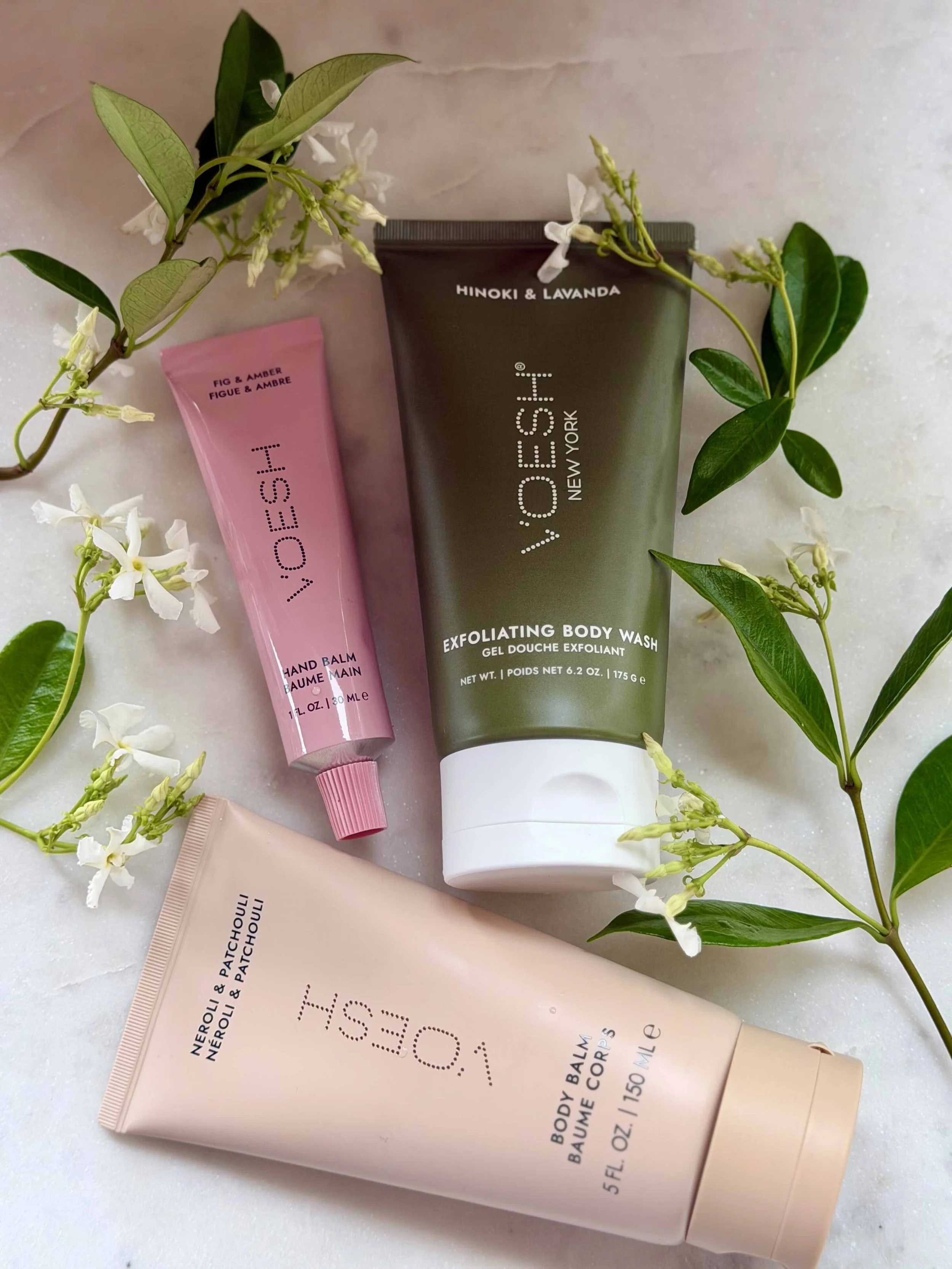
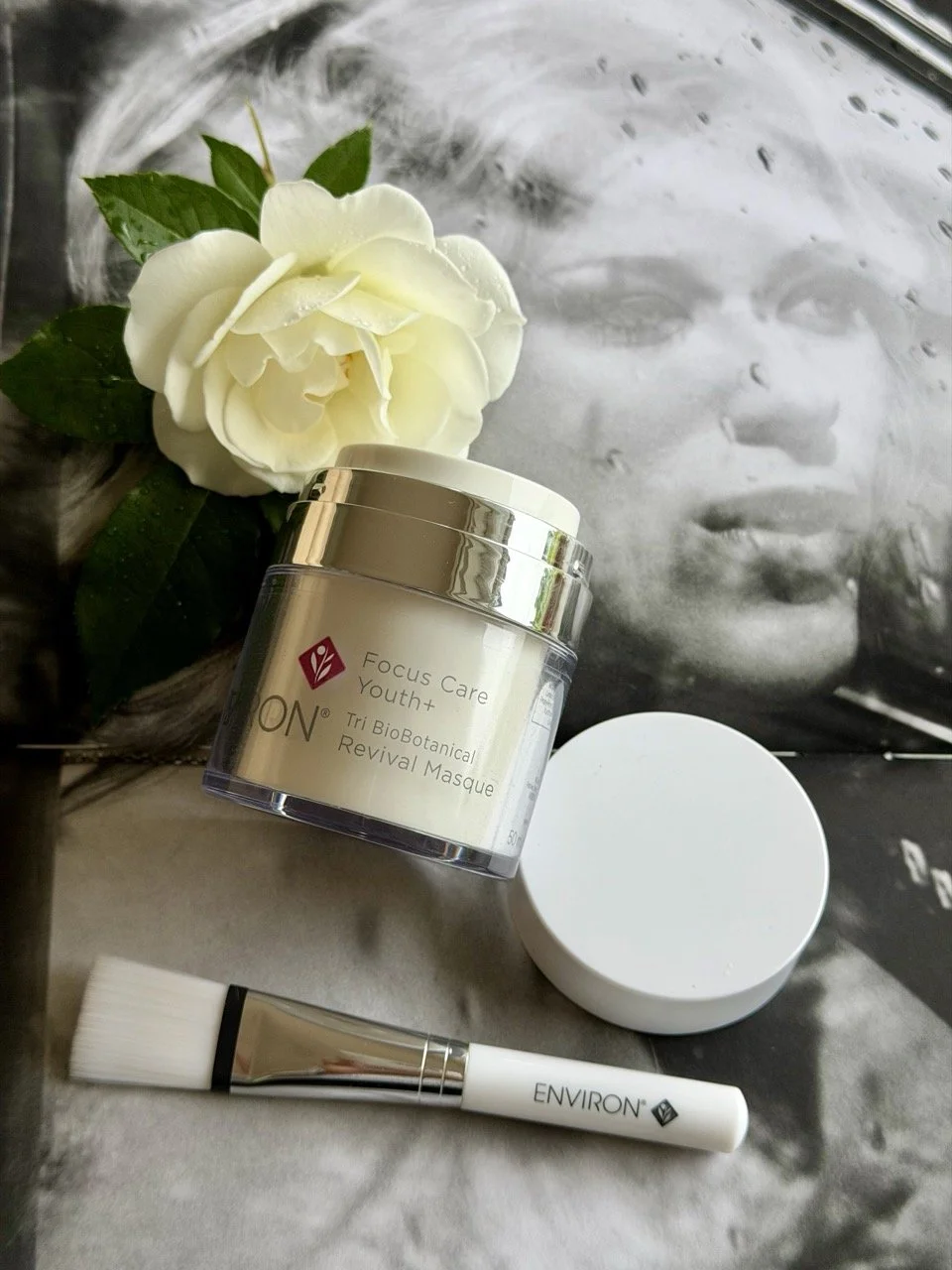



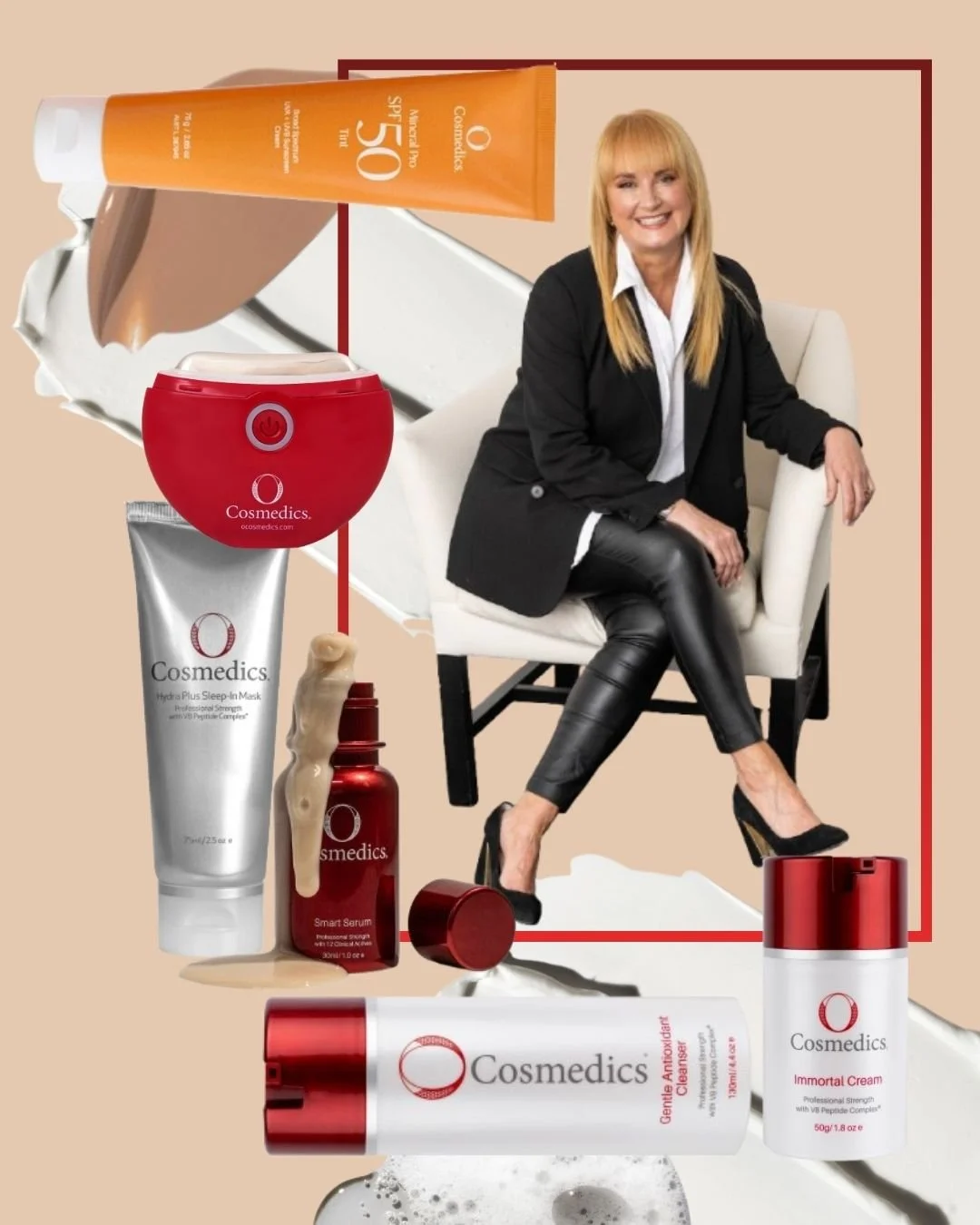

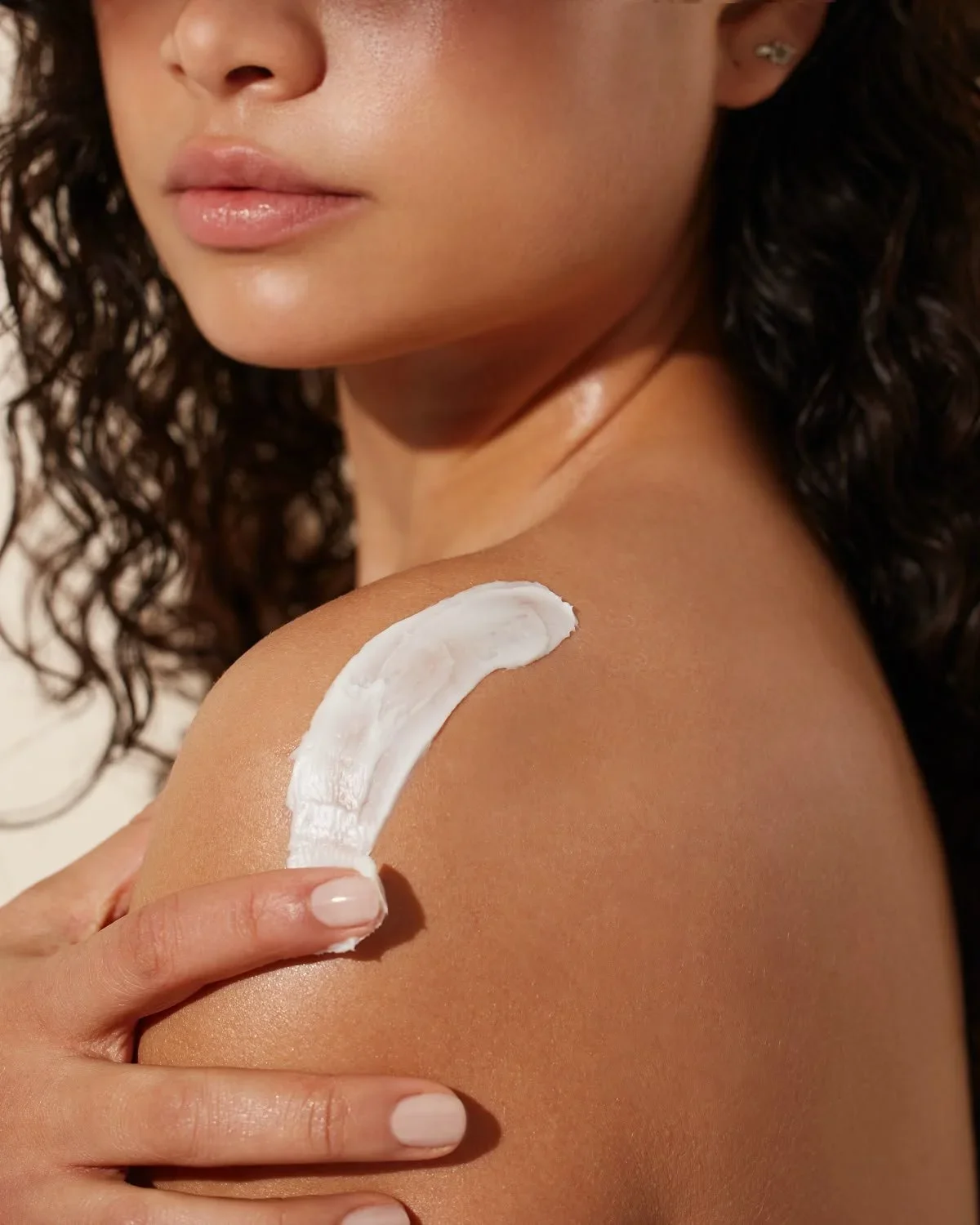
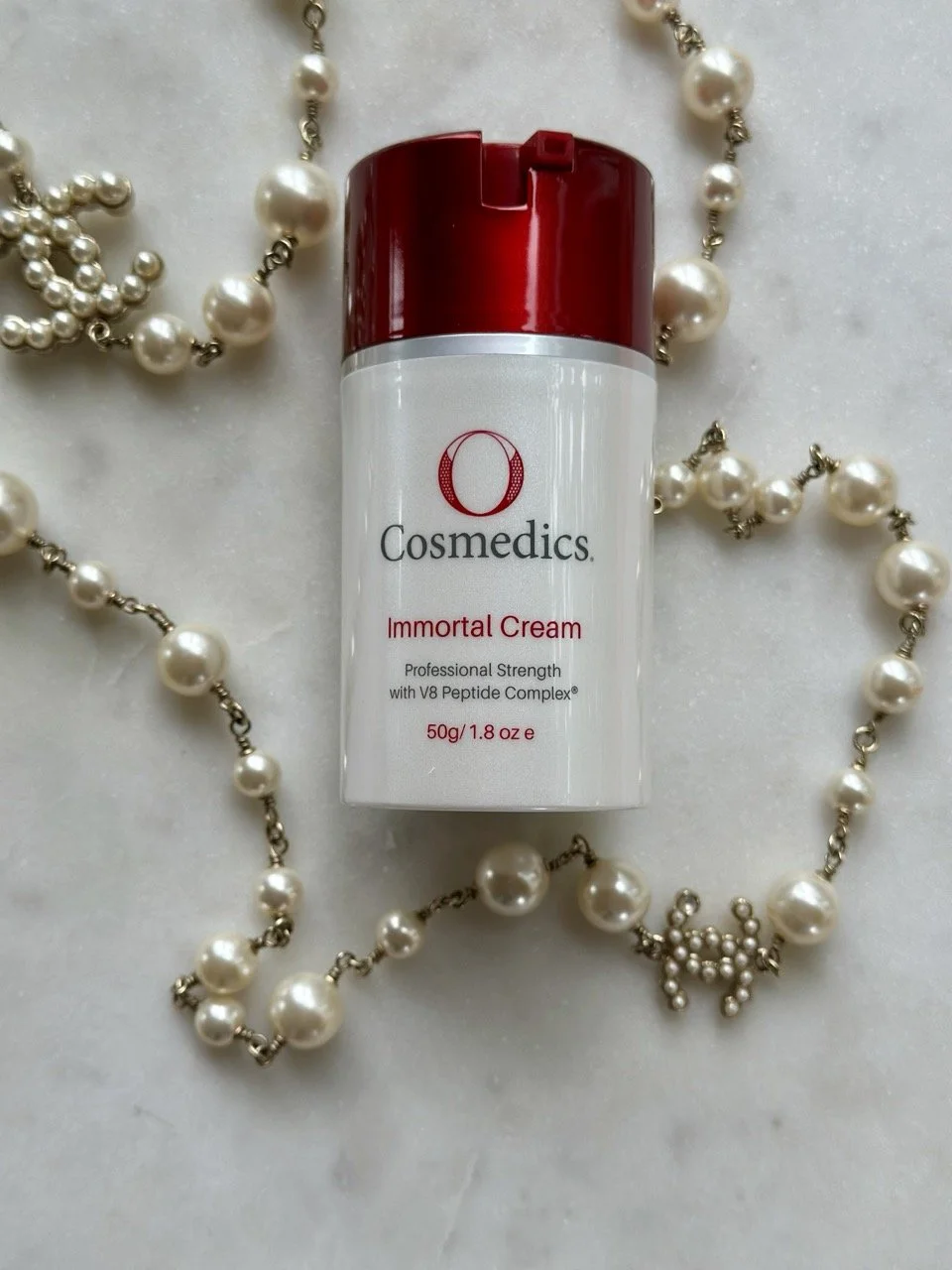
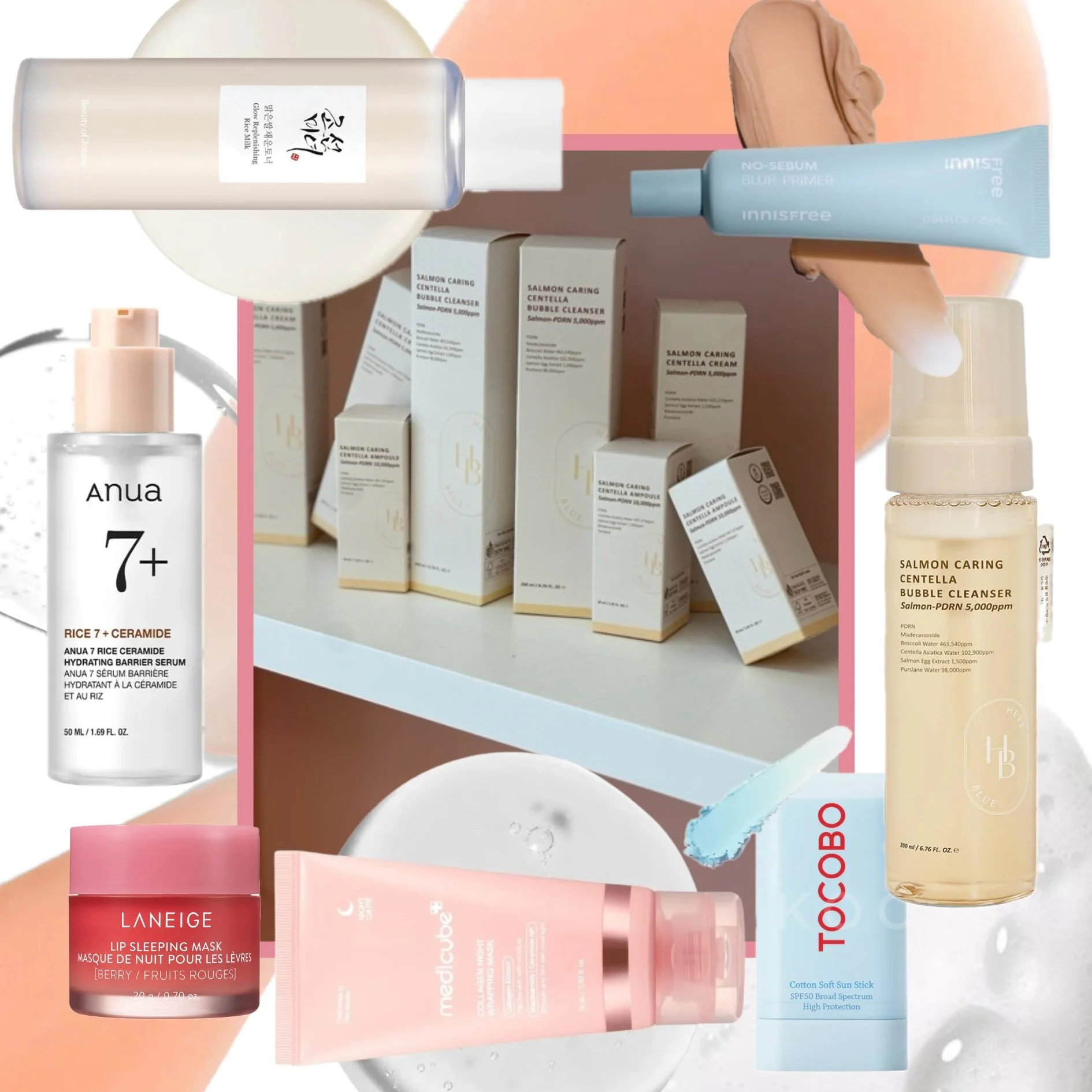

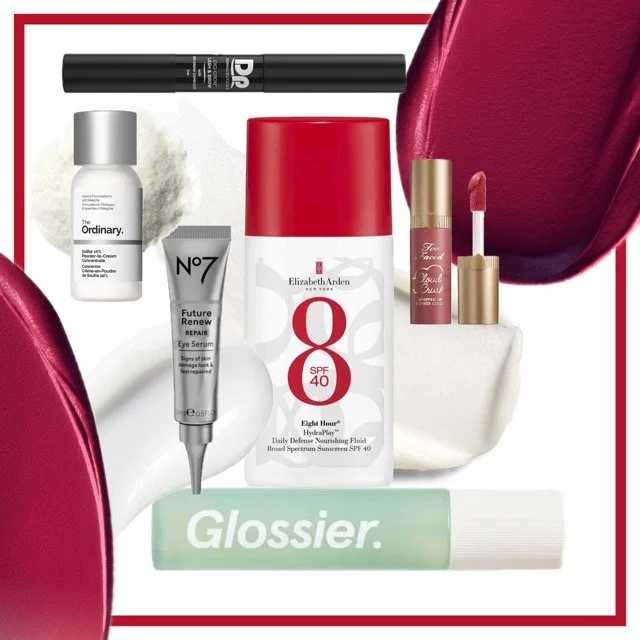
Here is a guide, and the brands worth buying.